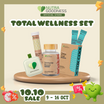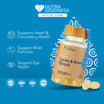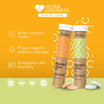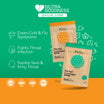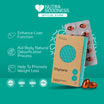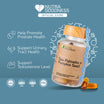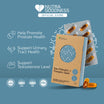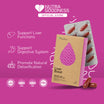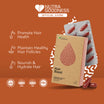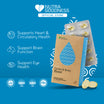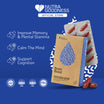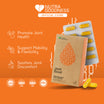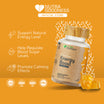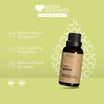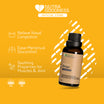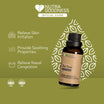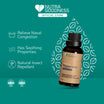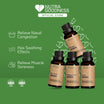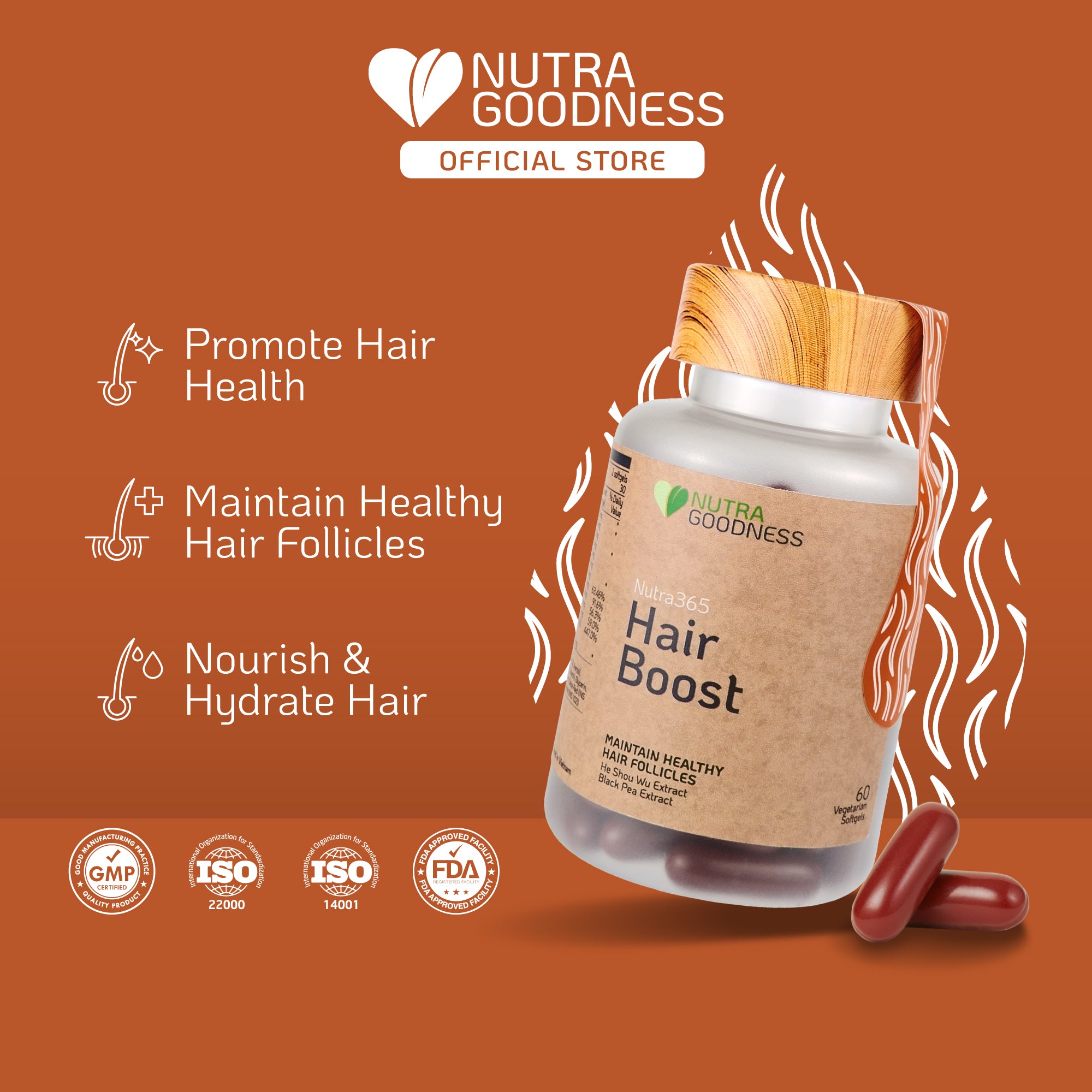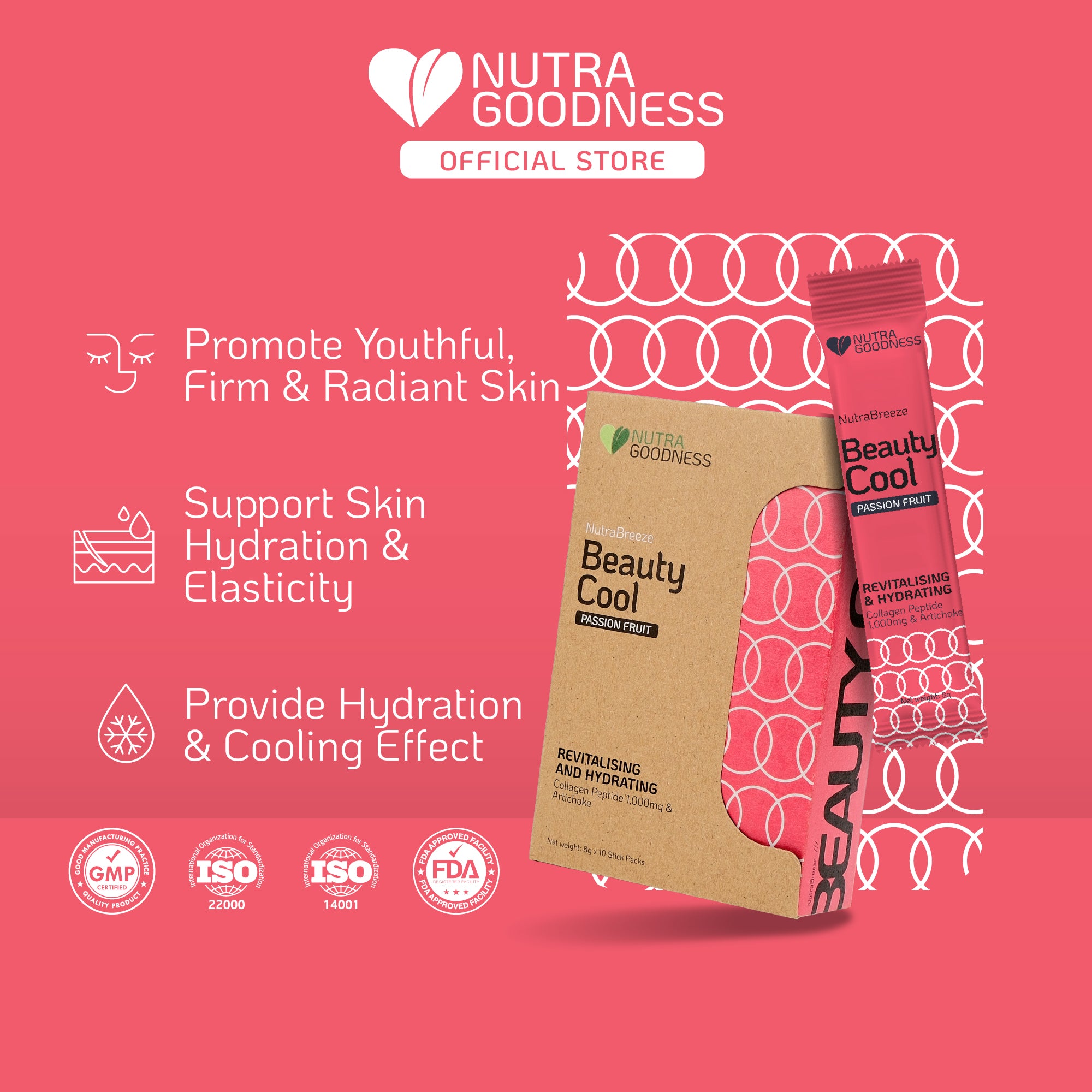Women's health encompasses a wide range of physical, mental, and emotional aspects that require attention at every stage of life. From hormonal changes to reproductive health and beyond, women face unique challenges and opportunities in maintaining overall well-being.
Let’s explore the key facets of women's health and ways to promote a healthy, balanced lifestyle.
1. Hormonal Health
Hormonal fluctuations play a significant role in a woman’s life, influencing everything from mood and energy levels to physical health. Key stages such as puberty, menstruation, pregnancy, and menopause bring about distinct hormonal changes that can impact overall well-being.
Common Hormonal Health Issues:
- Premenstrual Syndrome (PMS): Symptoms include mood swings, fatigue, and physical discomfort before menstruation.
- Polycystic Ovary Syndrome (PCOS): A hormonal disorder affecting ovulation and causing symptoms like irregular periods, acne, and weight gain.
- Menopause: The natural decline in reproductive hormones, leading to symptoms such as hot flashes, sleep disturbances, and mood changes.
Ways You Can Support Hormonal Health:
- Maintain a balanced diet rich in whole foods.
- Exercise regularly to support hormonal balance.
- Manage stress through mindfulness, meditation, or yoga.
- Consult with a healthcare provider about supplements or therapies if symptoms become unmanageable.
 2. Reproductive Health
2. Reproductive Health
Reproductive health is a cornerstone of women's health, encompassing menstrual health, fertility, and maternal care. Regular gynaecological check-ups are crucial for early detection and prevention of issues such as infections, fibroids, and cervical cancer.
Ways to Care for Your Reproductive Health:
- Schedule regular Pap smears and pelvic exams.
- Practice safe sex to prevent sexually transmitted infections (STIs).
- Monitor menstrual cycles to detect irregularities or changes.
-
Seek medical advice for concerns about fertility or family planning.

3. Bone Health
Women are more susceptible to bone-related issues like osteoporosis, especially after menopause due to a decline in oestrogen levels. Ensuring strong bones early in life can prevent complications later.
Ways to Support Bone Health:
- Consume calcium-rich foods like dairy, leafy greens, and fortified products.
- Include vitamin D in your diet (or by taking supplement) or through sunlight exposure.
- Engage in weight-bearing exercises such as walking or strength training.
- Avoid smoking and excessive alcohol consumption, which can weaken bones.
- Take bone and joint health supplements to support bone density and joint flexibility.
 4. Heart Health
4. Heart Health
Cardiovascular disease is a leading cause of death among women, yet it is often overlooked. Women may experience different symptoms of heart issues compared to men, such as fatigue, nausea, or jaw pain.
Ways to Support Heart Health:
- Adopt a heart-healthy diet that includes whole grains, lean proteins, and healthy fats or take heart supplements.
- Exercise regularly to improve cardiovascular fitness.
- Monitor blood pressure and cholesterol levels.
- Avoid smoking and manage stress effectively.
 5. Mental Health
5. Mental Health
Mental health is an essential part of overall well-being. Women are more likely to experience conditions like depression and anxiety due to hormonal changes, societal pressures, and caregiving responsibilities.
Mental Health Practices:
- Prioritise self-care (head on to our article about self-care (insert link)) and set boundaries to prevent burnout.
- Seek support from friends, family, or professional counsellors when needed.
- Practice mindfulness or relaxation techniques to manage stress.
- Address any persistent feelings of sadness, anxiety, or overwhelm with a healthcare provider.
 6. Breast Health
6. Breast Health
Breast health is a critical aspect of women's health. Regular self-exams and screenings are key to early detection of breast cancer, one of the most common cancers among women.
Ways to Care for Your Breast Health:
- Perform monthly self-breast exams to detect any unusual changes.
- Schedule mammograms as recommended by your healthcare provider.
- Maintain a healthy weight and exercise regularly.
-
Limit alcohol intake and avoid smoking, which can increase the risk of breast cancer.
 7. Nutrition and Fitness
7. Nutrition and Fitness
A well-balanced diet and regular physical activity are fundamental to women's health at every stage of life. Proper nutrition and exercise help maintain a healthy weight, support hormonal balance, and supports overall well-being.
Key Nutrition Tips:
- Include a variety of fruits, vegetables, whole grains, lean proteins, and healthy fats in your diet.
- Stay hydrated and limit processed foods, sugar, and excessive caffeine.
- Tailor dietary choices to specific needs, such as increased iron during menstruation or calcium during menopause.
You can start with some suggestions below:
- Aim for at least 150 minutes of moderate aerobic activity per week.
- Incorporate strength training exercises to build muscle and maintain bone density.
-
Include flexibility and balance exercises, like yoga or Pilates, to enhance mobility and prevent injuries.
8. Preventive Care
Preventive healthcare is vital for early detection and management of potential health issues. Regular check-ups, screenings, and vaccinations are essential for long-term well-being.
Recommended Screenings for Women:
- Blood pressure and cholesterol tests.
- Breast cancer screenings (mammograms).
- Cervical cancer screenings (Pap smears and HPV tests).
- Bone density tests for women over 50.
- Diabetes screenings, especially for those with risk factors.
Women's health is a multifaceted journey that requires attention, care, and education. By prioritising preventive care, maintaining a balanced lifestyle, and addressing unique challenges, women can empower themselves to lead healthier, more fulfilling lives. Incorporating trusted products like Nutra Goodness health supplements can support daily wellness needs, from hormonal balance to bone and heart health. Regular check-ups, open communication with healthcare providers, and a proactive approach to wellness are keys to achieving and maintaining optimal health.



![[Nutra Goodness MindFuel Wellness] Nutra365 Cardio & Brain Boost + NutraGummy Energy Boost + NutraFizz Effervescent](http://www.nutragoodness.com/cdn/shop/files/Oct_Banners-29_1.png?v=1759198351&width=104)
![[Nutra Goodness Glow & Hydrate Set] Nutra365 Heart & Skin Boost + NutraBreeze BeautyCool + NutraFizz Effervescent](http://www.nutragoodness.com/cdn/shop/files/Oct_Banners-30.png?v=1759198320&width=104)
![[Nutra Goodness Daily Defense Set] NutraBreeze DetoxCool + NutraFizz Vitamin C Effervescent + NutraSooth Lozenges](http://www.nutragoodness.com/cdn/shop/files/Oct_Banners-31.png?v=1759198291&width=104)

